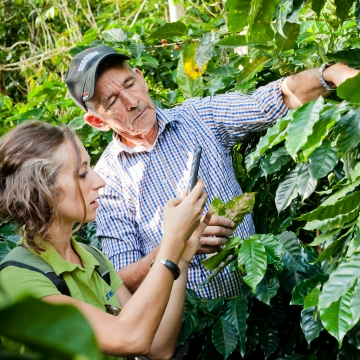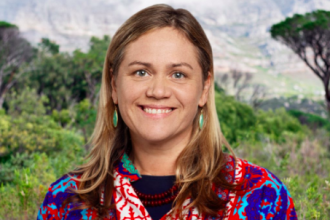The Influence of the Strength of Financial Institutions and the Investment-Production Delay on Commodity Price Cycles: A Framed Field Experiment with Coffee Farmers in Colombia.
Commodity price cycles can arise when there is a tendency to invest more (less) when current prices are high (low). Traditionally this behavior is interpreted as based upon naïve expectations. However, weak financial institutions can also cause this behavior. When borrowing is hard and saving is risky farmers cannot invest

